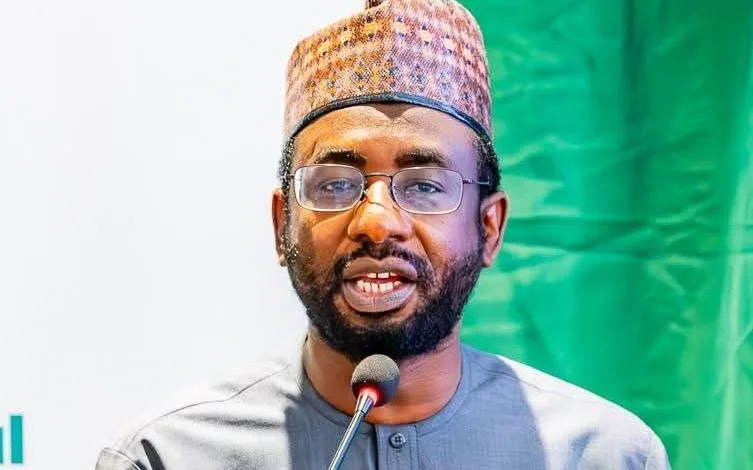In a decisive step toward transforming Nigeria’s tech ecosystem, the National Information Technology Development Agency (NITDA) has appointed four key industry figures to the National Council for Digital Innovation and Entrepreneurship (NCDIE) — marking a new phase in implementing the Nigeria Startup Act of 2022.
The new council members — Iyinoluwa Aboyeji, Victoria Manya, Charles Uchenna Emembolu, and Abba Ibrahim Gamawa — were elected through the Startup Consultative Forum to represent the interests of founders and innovators nationwide. Their two-year mandate is to strengthen collaboration between the government and the startup community, ensuring that policy decisions reflect on-the-ground realities.
According to NITDA, the inclusion of these representatives will “help shape Nigeria’s startup ecosystem, promote inclusivity, and drive innovation with tangible national impact.” The appointments signal a long-awaited operationalization of the Startup Act’s core promise — giving the private sector a formal voice in shaping the policies that govern it.
Each of the appointees brings a wealth of experience: Aboyeji, co-founder of Andela and Flutterwave, is now Founding Partner at Future Africa; Manya leads Advocacy for Policy and Innovation (API); Emembolu, a key figure in Nigeria’s STEM and innovation support networks, founded TechQuest STEM Academy and Roar Nigeria Hub; and Gamawa is the founder of Go Agent Limited, a logistics-tech company.
Signed into law in 2022, the Nigeria Startup Act was created to bridge the gap between government regulation and the fast-growing tech sector. It introduces frameworks for startup labelling, tax incentives, funding access, and ecosystem development. The NCDIE, chaired by the President and supported by top government and private-sector representatives, serves as the implementation backbone for these initiatives.
While this development marks meaningful progress, experts caution that success will depend on execution. Many of the Act’s incentives remain pending due to administrative and coordination delays. Still, the inclusion of these ecosystem voices offers renewed optimism that Nigeria’s startup policy could finally translate from paper to progress.

